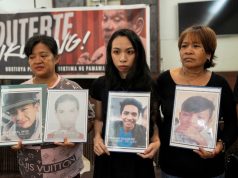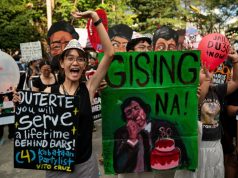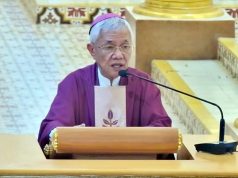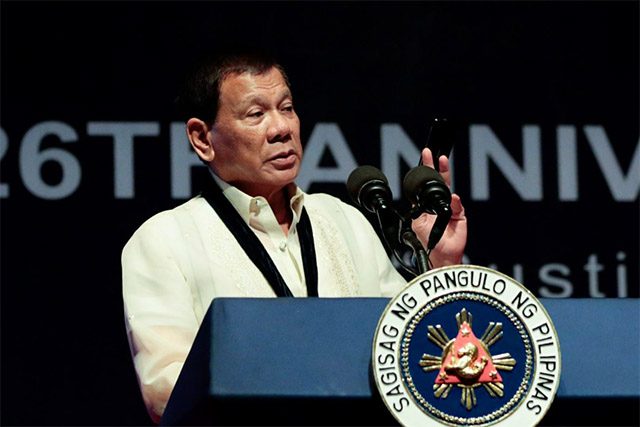
President Rodrigo Duterte ordered on Wednesday the “total” lifting of a ban on Filipinos working in Kuwait after the two countries agreed on measures to regulate employment following a diplomatic row over alleged abuse of workers.
The Philippines suspended the deployment of workers to the Gulf state in January after Duterte said the abuse of Filipino domestic helpers by Kuwaiti employers was continuing unchecked and had driven several to suicide.
Duterte’s spokesman Harry Roque told reporters the president would give the instruction to the labour secretary after discussions with his special envoy to Kuwait, Abdullah Mama-o, who recommended the action to normalise the situation.
Last month, Kuwait ordered the Philippine ambassador to leave the Gulf state within a week after embassy staff tried to “rescue” Filipino domestic workers amid reports of abuse.
The Philippines has apologised for its actions and both sides worked to repair their relations. They signed a labour pact last week, paving the way for a lifting of the workers’ deployment ban this week.
Kuwait has also freed four Filipino nationals who took part in the rescue operations after a high-level delegation went to the Gulf state to repair diplomatic ties.
The foreign ministry said skilled workers had been allowed to return to Kuwait on Tuesday and that the order had now been extended to domestic helpers.
Domestic helpers account for more than 65 percent of the more than 260,000 Filipinos in Kuwait, according to the Philippine foreign ministry.
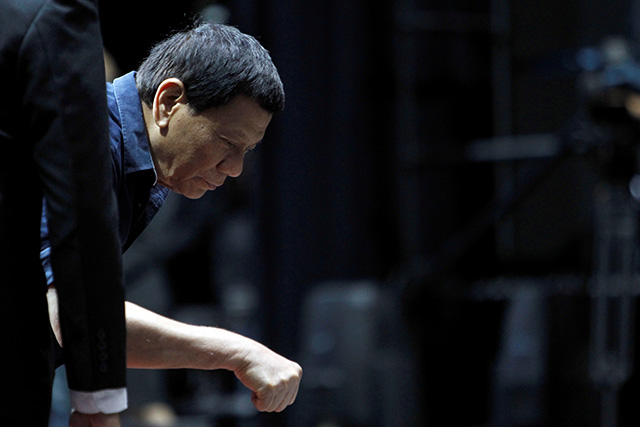
Foreign workers in many Gulf states are employed under a sponsorship system that gives employers the right to keep their passports and exercise full control over their stay.
Human Rights Watch and Amnesty International have long complained that Gulf states do not properly regulate working conditions for low-income domestic workers and laborers.
They say excessively long hours and insufficient flexibility to change contracts or return home contravene international labor laws and deprive workers of their human rights. — Editing By Gareth Jones




